Knee rehabilitation plays a crucial role in addressing a spectrum of conditions ranging from traumatic injuries to age-related degeneration, inflammatory disorders, occupational strains, and sports-related injuries. This multifaceted field integrates non-surgical methods to manage knee disorders, enhancing patients' quality of life and potentially delaying the need for surgery.
Traumatic Injuries: Resulting from accidents, falls, or sports-related incidents, traumatic injuries may involve ligament tears, fractures, or meniscal damage.
Age-Related Degeneration: Osteoarthritis and other degenerative conditions are common as individuals age, impacting the knee joint's structural integrity.
Inflammatory Disorders: Conditions like rheumatoid arthritis can cause chronic inflammation and joint damage.
Occupational Strains: Prolonged stress on the knee joint due to occupational activities can lead to overuse injuries.
ports-Related Injuries: Athletes may experience various knee issues, including ligament tears (e.g., ACL), meniscal injuries, and patellofemoral pain.
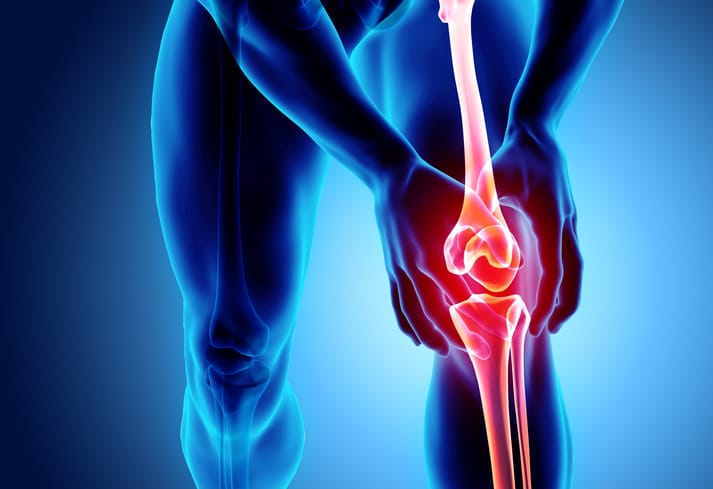
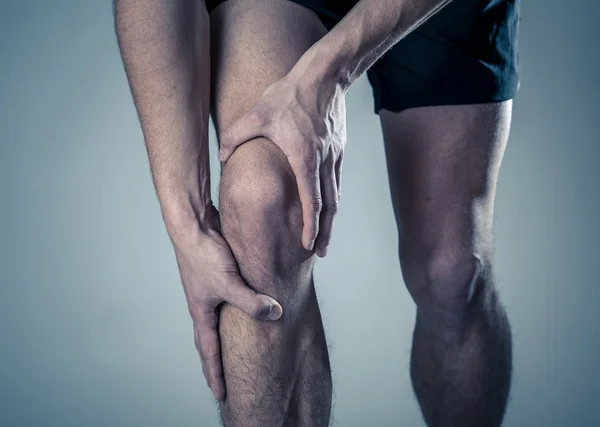
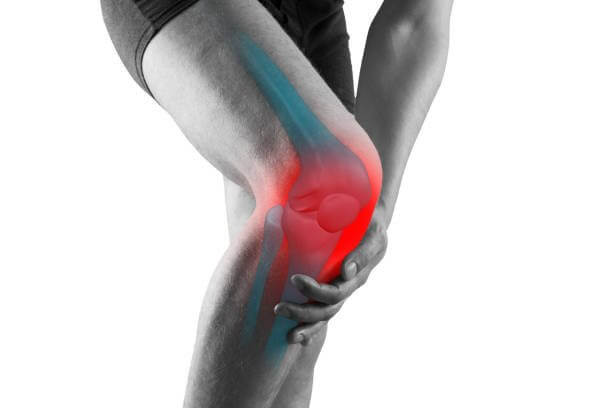
Physical Medicine and Rehabilitation (PM&R) specialists play a pivotal role in the holistic care of knee disorders. They focus on improving functionality, reducing pain, and enhancing overall well-being through:
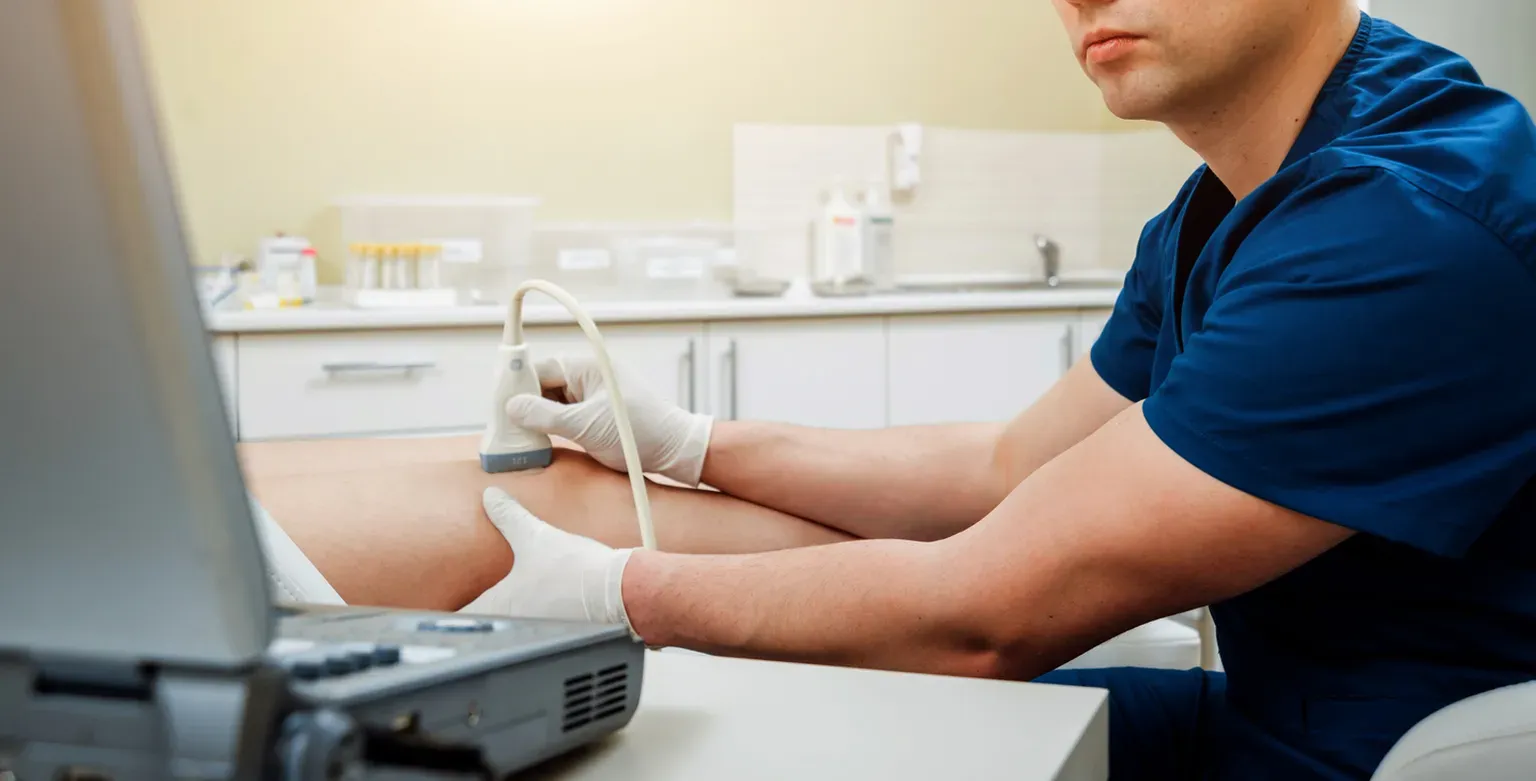
Identifying individualized treatment plans.

Empowering patients with knowledge about their condition and self-management.

Working with a multidisciplinary team for integrated treatment.
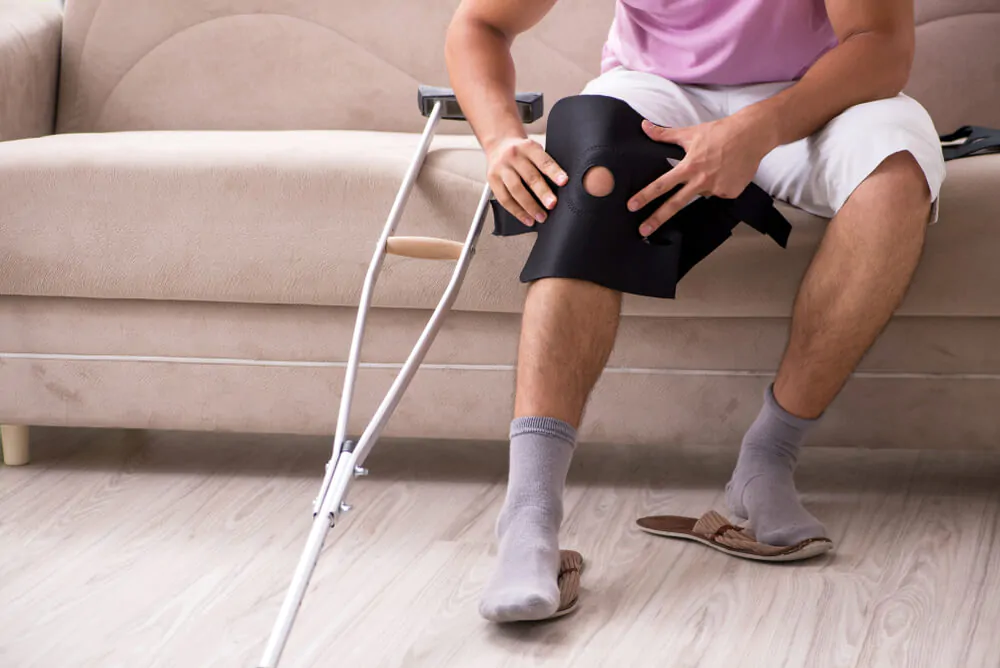
Implementing measures to delay surgery, if appropriate.

Advising on diet, weight management, and activity adjustments.
In conclusion, knee rehabilitation encompasses a broad spectrum of conditions, each demanding a tailored approach. Non-surgical methods, guided by PM&R specialists, aim to alleviate symptoms, enhance function, and improve the overall quality of life for individuals suffering from knee disorders. By emphasizing early intervention, education, and a holistic care approach, knee rehabilitation seeks to optimize outcomes and, when possible, delay the need for surgical interventions.